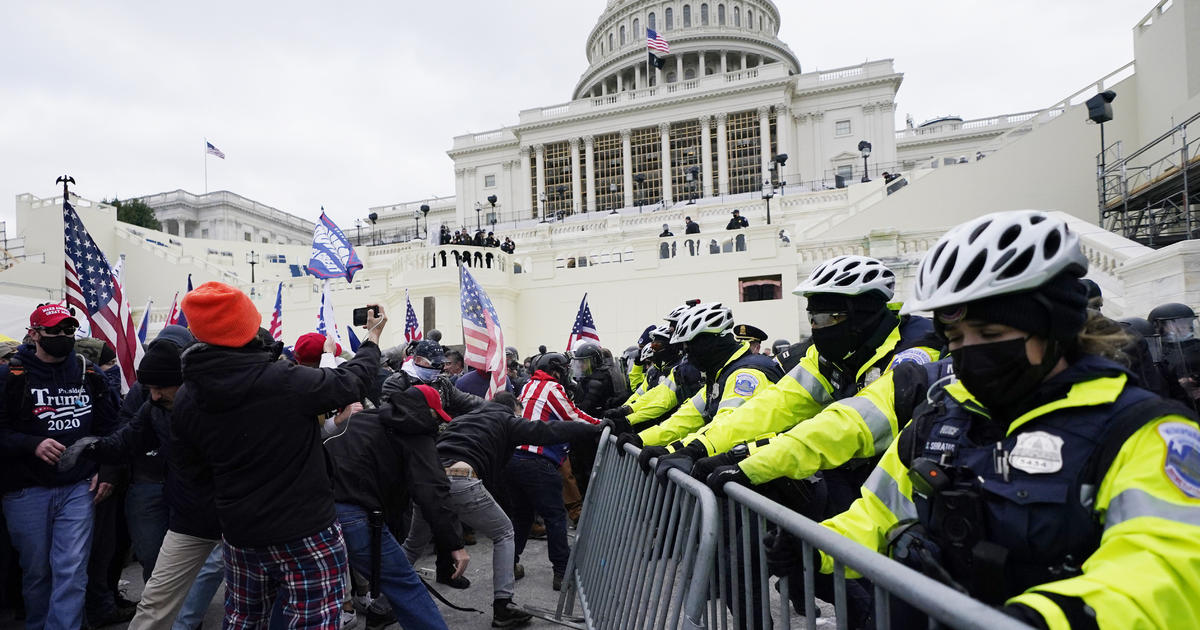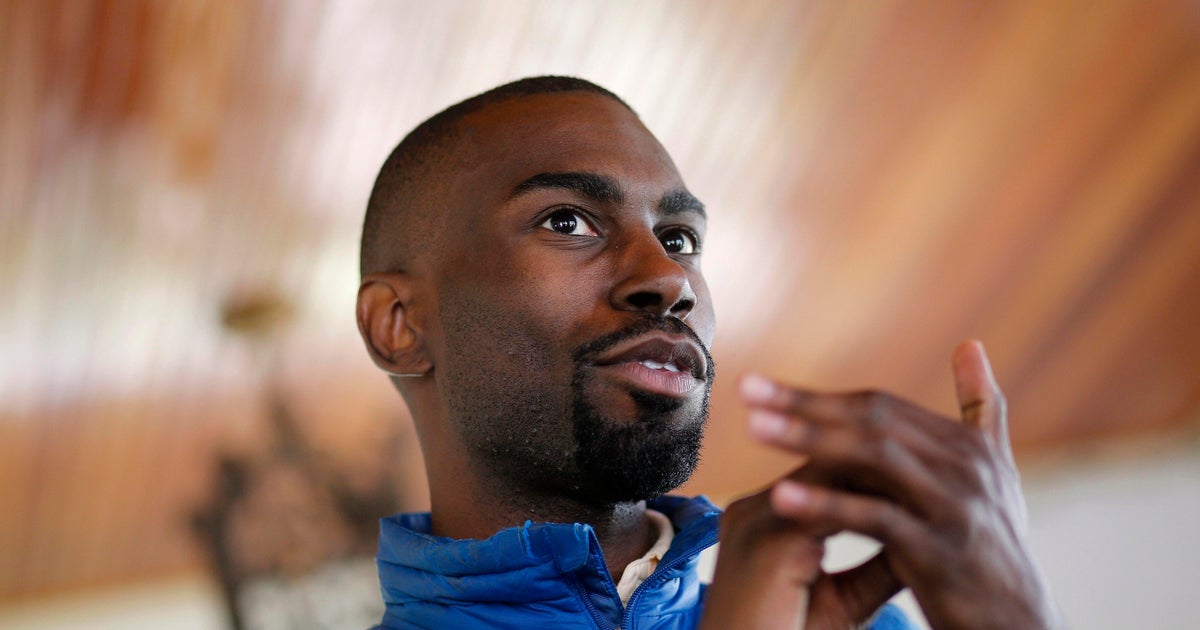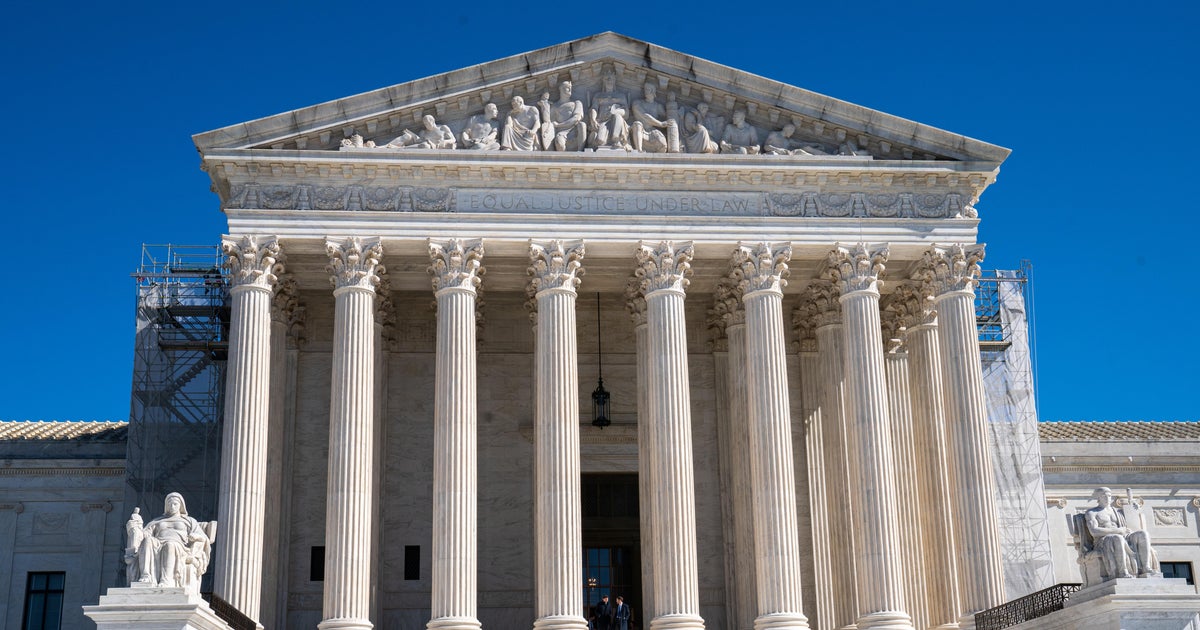Supreme Court postpones oral arguments amid coronavirus outbreak
Washington — The Supreme Court is postponing oral arguments scheduled for late March and early April in response to the coronavirus outbreak, marking the first time the high court has pushed back arguments since the Spanish flu epidemic in 1918.
The court announced in a statement Monday that it would be delaying arguments scheduled for its March session, during which the justices were set to hear disputes March 23 to March 25 and March 30 to April 1.
It's unclear when the oral arguments will take place, and the Supreme Court said it "will examine the options for rescheduling those cases in due course in light of the developing circumstances."
Among the cases scheduled to be argued during the March session is a legal battle over President Trump's efforts to shield his financial records from Congress and New York investigators. The justices were scheduled to hear oral arguments in those three cases March 31.
Oral arguments in a high-profile copyright dispute between Oracle and Google were also scheduled for March 24 but will be postponed.
This is not the first time the Supreme Court has delayed oral arguments due to public health concerns. It postponed arguments set for October 1918 because of the Spanish flu epidemic and shortened its argument calendars in August 1793 and August 1798 because of outbreaks of yellow fever, the court said.
Still, the postponement of oral arguments is an escalation in the Supreme Court's efforts to protect against the coronavirus. Last week, the high court closed to the public indefinitely, joining other federal buildings in Washington restricting public access, including the U.S. Capitol and the White House.
The Supreme Court said the justices will hold their scheduled conference Friday to discuss current cases. Some members of the court "may participate remotely by telephone," the court said. Additionally, the high court is boosting its remote working capabilities to limit the number of employees in the building.
Older adults are considered by the Centers for Disease Control to be at a higher risk of becoming very sick from the coronavirus. Among the Supreme Court justices, Justices Ruth Bader Ginsburg and Stephen Breyer are in their 80s and Justice Clarence Thomas is in his early 70s.



